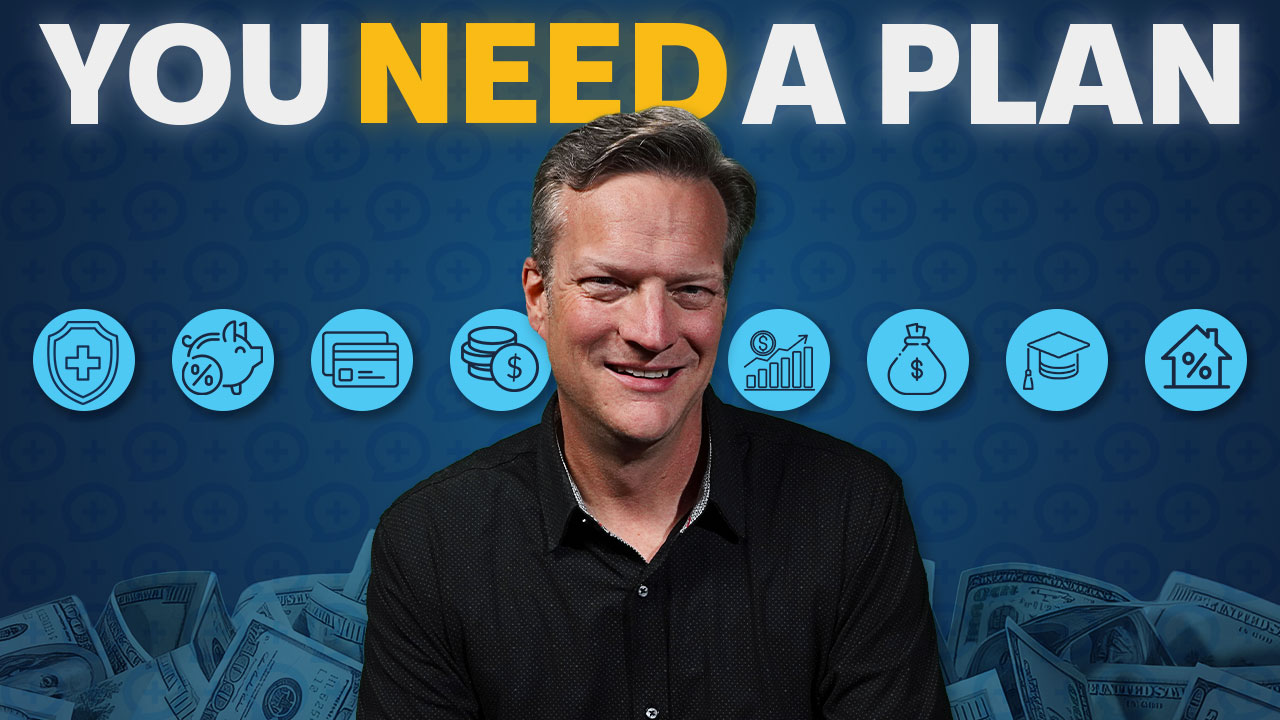There are some voices out there suggesting that a housing market crash is coming, and it is going to be bad. They predict a significant correction, which most people agree is inevitable, but they believe it will be mild. However, such voices are merely following trends, saying it will hold up when it's up and will be down a little when it's down. This is not the case, according to Harry Dent, a New York Times bestselling author who believes that the upcoming housing collapse will be the most significant in our lifetime. This means it will be even more substantial than what we saw during the Great Recession in 2008.
However, some argue that housing prices are not going to decline in value; they will continue to go up due to simple supply-demand economics. The current shortage of housing instead of an oversupply will keep prices going up.
Looking at the present market situation, we cannot conclude that either of these two positions is absolute right. Although entertaining, having strong opinions is easier than grasping the complexities of the real world. Thus, it is more beneficial to discuss the nuances or facets of the issue than taking sides.
In the last few years, there has been a significant rise in home values. The period between 2020 and 2022 alone saw a 45% increase in U.S. home prices, which is unusual considering how the real estate market generally moves from a price appreciation standpoint. However, it is not the only change that has occurred. Mortgage payments for new purchases have doubled in the last two years. What was a $1,500 monthly payment during the recession for the same house is now close to $3,000, thanks to interest rates.
Fighting inflation, the Federal Reserve has aggressively raised interest rates, going from mortgage rates that were sub-three percent to now breaking seven percent in the last few days. For first-time homebuyers, this can be a challenging situation to navigate because of the supply chain and the extra money that caused prices to spike up.
The affordability of housing is in a unique spot due to the increase in housing prices and the substantial rise in interest rates. Strictly from an affordability standpoint, housing does not seem as good as it has in the past.
Now that we're fighting inflation, the Federal Reserve has been very aggressively raising interest rates. We've gone from mortgage rates that are sub three percent to now we've broken seven percent in the last few days. It's concerning because it feels like there's a squeeze, especially if you're a first-time new home buyer. You're feeling it from a double whammy - the supply chain plus the extra money causing prices to spike up. Now, to fight inflation, we've got interest rates that are, you know, to the moon. It's just a tough situation to navigate.
This idea that housing prices have increased but interest rates have also really gone up substantially has caused the affordability of housing to be in a very unique spot. Brian found this and showed it to us a couple of weeks ago in show prep. It's pretty remarkable when we look at it from a strictly affordability standpoint. Right now, housing does not look quite as good as it's looked in the past.
I thought it was interesting because I had already put this in the show notes. But then, y'all were picking on me because I said "chart" instead of "Charter". Anyway, they let us get a daily chart from this, and I thought it was interesting they also pulled this. A lot of people are paying attention to the fact that we broke through the hundred, which is the indicator of where they match up the median income of the country, median home prices, and we are actually sub 100. This means the affordability is in territory we haven't seen in 40 plus years. It's kind of scary to see all these things line up.













